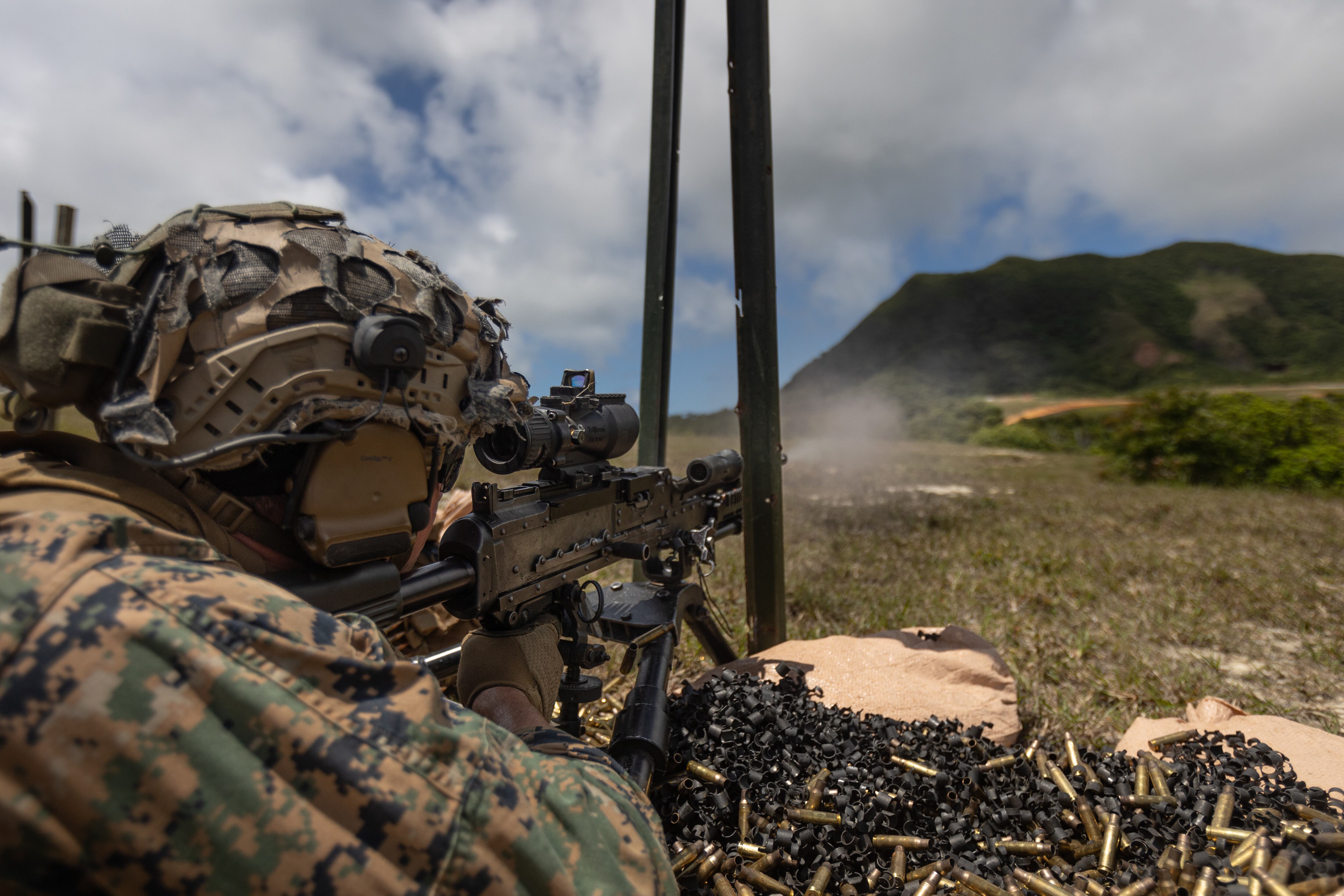A renewed focus on what makes for effective units has Marine leaders seeking a new balance for how long a Marine should stay with their units.
In the recently released 2022 update of Marine Corps Force Design 2030, authors noted that Corps “experiments have revalidated that unit cohesion creates an advantage.”
That sentence was a nod to the service’s efforts to have experienced staff noncommissioned officers leading infantry squads, rather than corporals or below. It also matters for non-infantry units.
In a recent media roundtable, the commandant and Sergeant Major of the Marine Corps Troy Black discussed the force design update and some of the talent management aspects outlined in the report.
RELATED

Commandant Gen. David Berger had announced in 2021 that the Corps would seek to reduce the number of permanent change of station orders for Marines. Those moves, while helpful when a Marine is advancing in a career, disrupt who’s available for unit training and reduce readiness when they hit critical billets.
“Beginning in 2022, monitors will seek to keep Marines and their families in the same geographic duty station as long as opportunities for career growth exist,” Berger said. “In other words, monitors will make more regular use of Permanent Change of Assignment (PCA) orders, rather than PCS orders.”
For decades, Black said, there’s been a push-pull relationship between two schools of thought for Marine leader development and effective units.
One is to move Marines quickly from billet to billet and duty station and unit to give them a broader understanding of the Marine Corps air-ground task force. The other is to keep a Marine in place longer to gain depth in that job and unit.
“Meaning, how long do you keep a unit together to be cohesive, to mature their skills, deploy them, return them and be able to rebuild that organization with enough competency to be able to have an effective organization as you rebuild the team?” Black said.
What doesn’t work, what will never work the senior enlisted Marine said, was not promoting someone just to keep them in the billet you want them or with the unit you want them.
“There’s the nuance to the balance,” Black said. “We want people to be encouraged to be able to compete, we want people to be encouraged to excel, that’s part of talent management, right?”
Especially in senior leader positions, Black said, an effective, experienced senior leader needs to move around so that they can share their capabilities across various units in the Corps.
“It’s really finding a balance to how do you maintain a team and keep them together long enough to master their skills?” Black said. “And at what appropriate time do you rebuild that organization to go through that process again?”
At the same time, the Corps is taking a closer look at the estimated 13,000 external billets, many of them joint assignments, where it sends capable Marines to work with other services or even outside the defense department.
No drastic cuts or changes are coming to those assignments, Berger said. But the service needs to evaluate the cost-benefit to having top tier Marines working outside the Corps when the service is refitting itself for a new kind of warfare.
The Corps is in the process of trimming end strength each year to land at around 175,000 Marines in the coming years, according to budget documents. Current numbers sit at about 178,500 with plans to cut more than 1,000 by the end of this year.
Those hits will be felt mostly in middle ranks as the Corps seeks to retain the best talent it can in leadership roles while maturing the force even in smaller units and at lower ranks.
And not all of it is up to even the top Marine.
Global force management, basically the DoD’s expectations for the number of troops each service will provide for deployments, are set by the defense secretary and the president.
Fewer moves and long time on station isn’t an entirely new problem. It’s been a strain on the competing needs ― individual Marine progression and unit readiness.
Back in 2012 Marine Corps Times reported that then-Commandant Gen. James Amos announced that the Marines would look to extend traditionally three-year stateside tours to four years in an effort to help with retention.
Todd South has written about crime, courts, government and the military for multiple publications since 2004 and was named a 2014 Pulitzer finalist for a co-written project on witness intimidation. Todd is a Marine veteran of the Iraq War.




